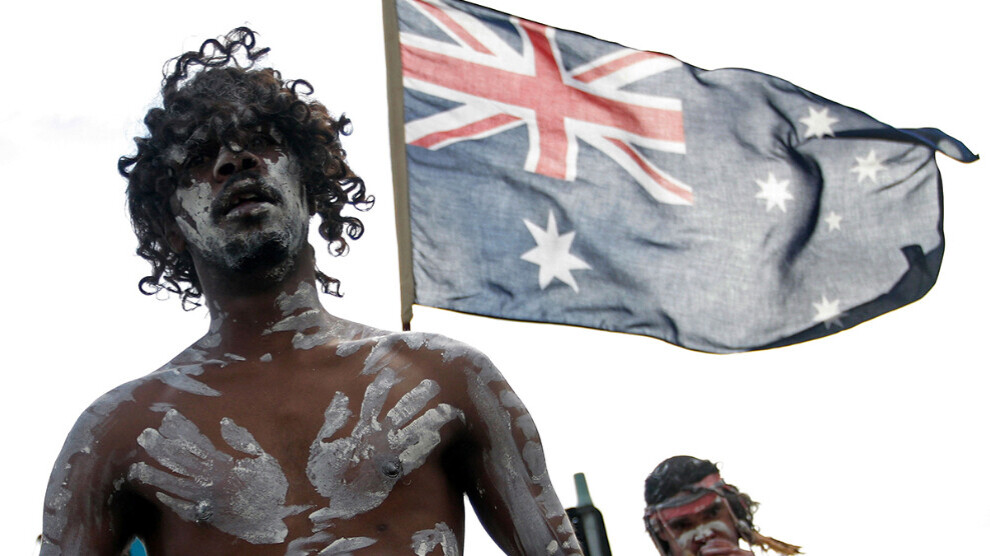Australia sets ground for indigenous rights referendum
For more than a century, the Aboriginal people have not been considered as full citizens. Although their rights are now protected by law, deep inequalities among them persist.
For more than a century, the Aboriginal people have not been considered as full citizens. Although their rights are now protected by law, deep inequalities among them persist.

The Australian parliament has paved the way for a historic referendum on Aboriginal rights to be recognized in the Constitution.
The bill that paved the way for a referendum aimed at giving the Aborigines a "voice" in the parliament was passed 52-19.
The bill allows Labour Prime Minister Anthony Albanese to set a date for a referendum soon aimed at revising the Constitution.
The Albanese government will have the opportunity to compensate for centuries of injustice against the Aboriginal people.
Minister for Indigenous Australians Linda Burney, an Aboriginal executive, said the referendum would be a turning point for the country. Burney told ABC that she was “very impressed”.
If the referendum is passed, Indigenous Australians who have lived on the continent for at least 60,000 years will be recognized in the Constitution for the first time and will have the right to be consulted by the government when laws that affect them are introduced.
Anthony Albanese welcomed the passage of the bill and said: “This is about who we are as a nation.”
The Labour Prime Minister added: “Today, our Senate said 'yes' to holding a referendum (…) Now, the Australian people will have a chance to say ‘yes’ to reconciliation and ‘yes’ to constitutional recognition of First Nations people.”
"Yes" supporters want about 900,000 people who identify themselves as Aboriginal in Australia, which has a population of 25 million, to be represented in Parliament through an advisory body.
However, the bill has sparked controversy when Conservative Opposition Leader Peter Dutton claimed that a Yes vote would split the country along racial lines.
There is no consensus over the project among the Aborigines. According to independent senator Lidia Thorpe, a prominent indigenous activist, the point is simply to create a "powerless advisory body". Thorpe said on Monday: "That’s what this is about: it is appeasing the guilt of white people in this country".
For more than a century, the Aboriginal people have not been considered as full citizens. Although their rights are now protected by law, deep inequalities among them persist. This minority group, the first inhabitants of Australia, cannot fully enjoy health care and education in the country with lower life expectancy, lower wages and higher incarceration rates.
While earlier polls predicted that most Australians would vote in favour of the so-called “Voice to Parliament”, recent polls show that support is slipping as the political debate becomes over-heated.
Indigenous rights activist Pat Anderson has called for more "maturity" in the debate.
She said: “The Australian people will decide what sort of a country we are, what do we stand for, what are our values? Who are we? That is what we will vote on soon."